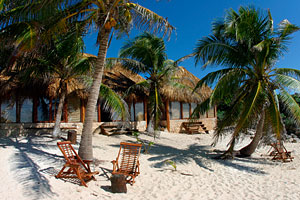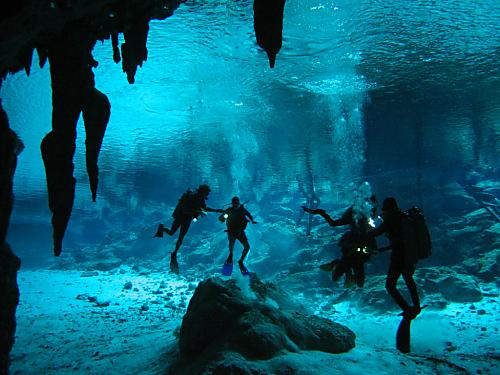
Photo from Conservation International
According to the Oxford Dictionary, the definition of biodiversity is, “the variety of plant and animal life in the world,” or in other words, all living things on Earth. Plants, animals, insects, and marine life, as well as all the non-living things that are connected to them. In terms of the level of awareness, the climate change discourse has certainly elevated in recent years. The oceans are warming, the air is warming, ice caps are melting, some areas are getting too much rain, some areas are getting too little of it, certain cities have chronic smog problems, and so on. One important consequence that often gets lost in all the political arguments on climate change is the devastating loss of plant and animal life across the world. As I mentioned in my post about Conservation, deforestation is one of the biggest contributors to greenhouse gas emissions. Deforestation accounts for 20% of carbon emissions, totalling more than all the emissions from automobiles combined. Yet, it does not get the attention that automobiles do. Hacking down forests as large as Greece each year doesn’t seem to enrage people as much as SUVs and Hummers. Why?

LAND DEFORESTED FOR ROAD CONSTRUCTION AND BURNING FOREST, MADAGASCAR
And an awful side affect of both climate change and deforestation is the loss of biodiversity across the world. It has become popular in recent years to talk about the need to save the polar bears. This is probably due to the fact that seeing a polar bear clinging to a shrinking strip of ice, prolonging the inevitable, is a very clear example of the direct effects of climate change. While it is truly admirable to dedicate one’s time and efforts in raising awareness for such a cause, it has also been dismissed by those who are slow to embrace our climate problem. “Why should I care about the polar bears?” or, “polar bears can swim.” Such reactions miss the point. You may not be directly affected by the loss of polar bears, but you will most certainly begin to feel the effects of a larger loss of plants and animals across the world.
The Earth has functioned properly for millions of years because everything has worked together in a collective system. The way carbon dioxide is taken in by the trees, providing the oxygen we breathe. Or, the way a specific species of plant flourishes because the insects that destroy it are kept in check by a certain bird, for example. Or,the way bees pollinate the crops humans need for food.
As Thomas Friedman notes in his book, Hot, Flat and Crowded, “Natural ecosystems provide a wide range of benefits and “services” to people who do not have or cannot afford a local supermarket or plumbing: They supply fresh water, they filter pollutants from streams, they provide breeding ground for fisheries, they control erosion, they buffer human communities against storms and natural disasters, they harbor insects that pollinate crops or attack crop pests, they naturally take CO2 out of the atmosphere,”(143). Biodiversity gives us cures for diseases, food, industrial materials, and keeps the system working properly. When this system is disrupted, even if it occurs far away, the effects reverberate across the world. Larger hurricanes, longer droughts, crop devastation because of lack of insect control, food scarcity, water scarcity. Conservation International’s slogan is “lost there, felt here.” Indeed it is.
As Thomas Friedman notes in this video, we are losing one species of plant or animal every 20 minutes. He also notes the importance of cooperation with responsible corporations will go a long way to making progress. The climate change problem will not get solved with only the non-profits of the world; businesses must be a part of the solution. In my next post, I will investigate this topic further.

Photo from Conservation International






 They are some of the tallest and oldest trees on Earth, often over 5,000 years old. Historically, in Chile these trees were chopped down and used for wood, and because the wood was of high quality, it was often used to build houses. But, the Chilean government outlawed the cutting down the Alerces. Ulaa is located near these trees and it provides a unique opportunity to visit them. For volunteers on the farm (read the post about volunteering in
They are some of the tallest and oldest trees on Earth, often over 5,000 years old. Historically, in Chile these trees were chopped down and used for wood, and because the wood was of high quality, it was often used to build houses. But, the Chilean government outlawed the cutting down the Alerces. Ulaa is located near these trees and it provides a unique opportunity to visit them. For volunteers on the farm (read the post about volunteering in 





